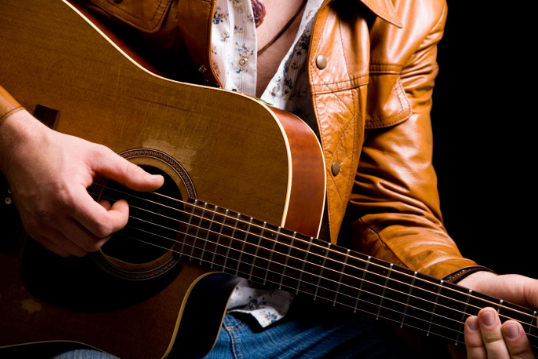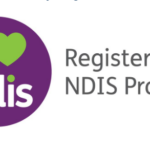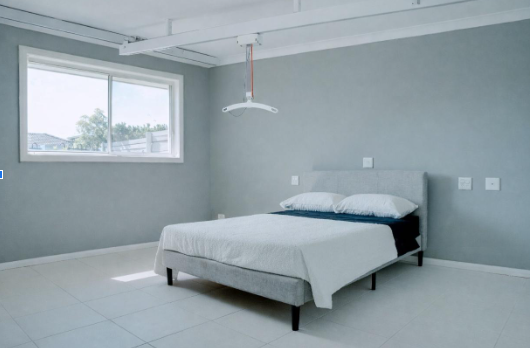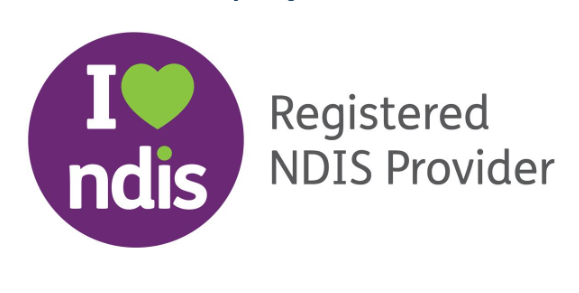
What is Music and Art Therapy Under the NDIS?
Music and art therapy are interventions that use creative expression to support individuals with disabilities in achieving their goals. These therapies are widely recognized for their benefits in improving cognitive, social, and emotional well-being.Music Therapy
Music therapy involves using musical activities, including singing, playing instruments, and composing, to enhance communication, motor skills, and emotional expression. It is particularly beneficial for individuals with autism, intellectual disabilities, and mental health conditions.Art Therapy
Art therapy encourages self-expression through painting, drawing, sculpture, and other creative mediums. It can assist participants in improving fine motor skills, processing emotions, and developing social interactions. Changes to NDIS Funding for Music and Art Therapy in 2025 From 1st February 2025, the NDIS will introduce new guidelines that will impact the eligibility, funding structure, and claiming process for music and art therapy. These changes are aimed at improving accessibility, accountability, and quality of service provision.-
Expanded Eligibility Criteria
-
Increased Funding for Therapy Sessions
-
Improved Clarity on Provider Registration
-
Introduction of Group Therapy Funding
-
Enhanced Flexibility in Therapy Delivery
How to Access NDIS Funding for Music and Art Therapy
To benefit from these new changes, NDIS participants should follow these steps:-
Review Your NDIS Plan
-
Consult with Your Support Coordinator
-
Choose a Registered Provider
-
Schedule an Assessment
-
Submit a Funding Request (If Necessary)
Benefits of Music and Art Therapy for NDIS Participants
The inclusion of music and art therapy in NDIS plans provides numerous benefits for participants, including:- Enhanced Communication Skills – Particularly useful for non-verbal individuals or those with speech difficulties.
- Improved Emotional Regulation – Helps participants process emotions, reducing anxiety and stress.
- Social Connection – Group therapy fosters interaction, reducing feelings of isolation.
- Boosted Cognitive Function – Supports memory, problem-solving, and attention span.
- Motor Skill Development – Art and music activities improve both fine and gross motor skills.
Key Takeaways
- From 1st February 2025, the NDIS will expand funding for music and art therapy, including broader eligibility, higher funding per session, and support for group therapy.
- Only NDIS-registered therapists will be eligible for funding to maintain quality standards.
- Participants can access therapy through individual or group sessions, online, in-home, or community settings.
- It is crucial to review your NDIS plan, consult with a support coordinator, and choose a registered provider to take advantage of these changes.






